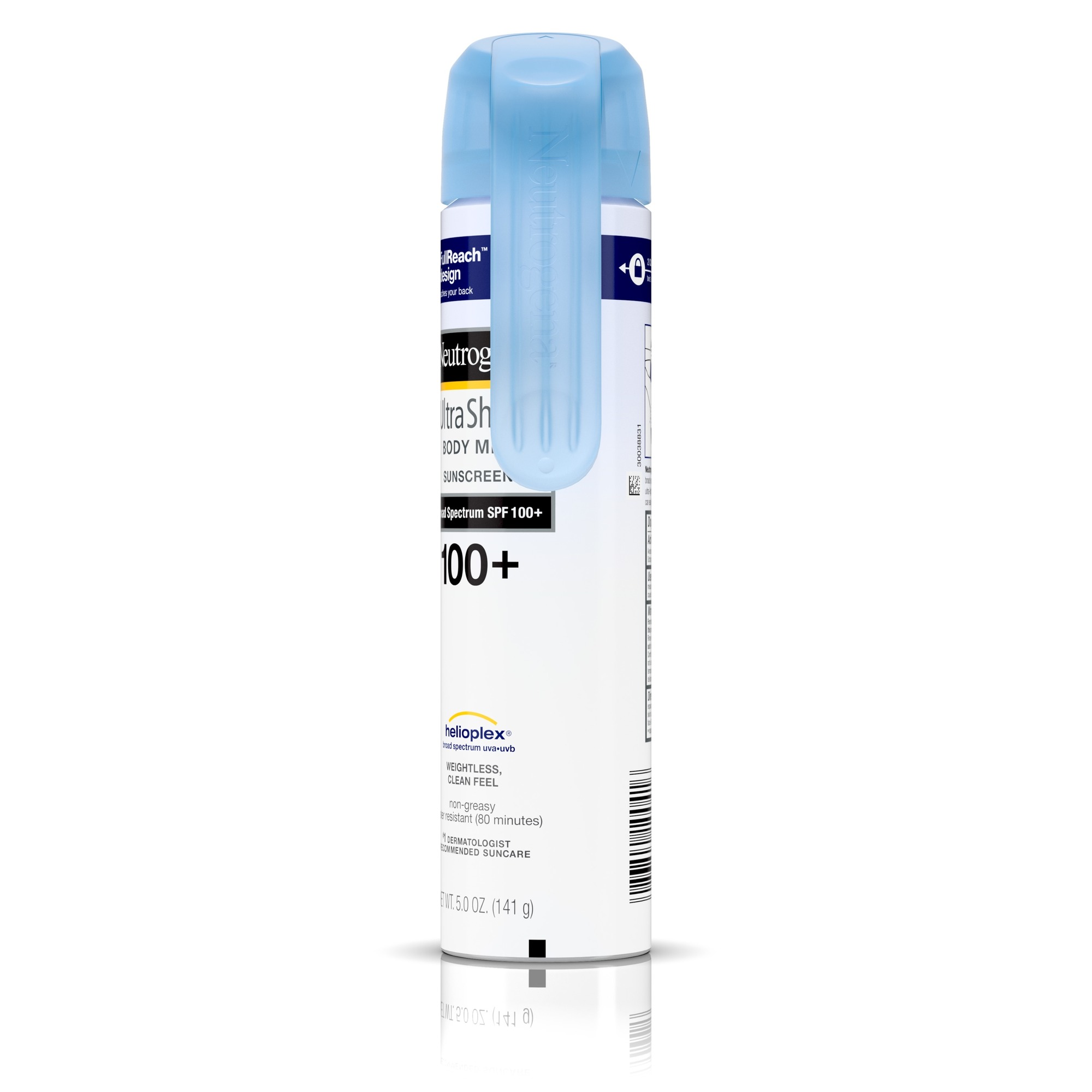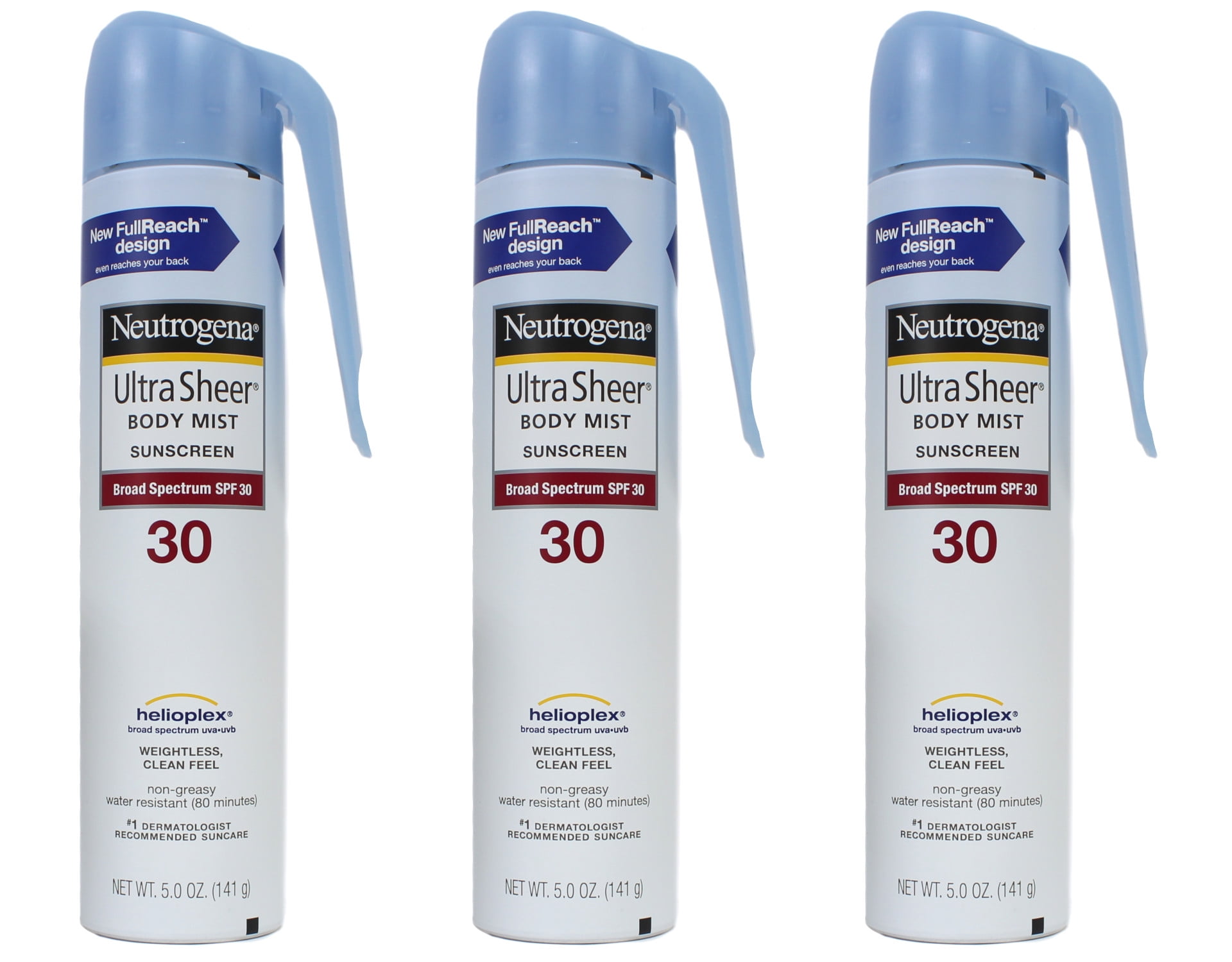


Experts still advocate for regular sunscreen use, citing zinc oxide and titanium dioxide as two of the safest and most effective actives.Benzene is a volatile chemical compound that can impact immediate health and influence cancer risk health experts worry that benzene-contaminated sunscreens pose a risk for unintentional absorption over time.In July 2021, Johnson & Johnson issued a voluntary recall of several sunscreens from Aveeno and Neutrogena contaminated with benzene, a known carcinogen.

IMPORTANT: As of early 2022, all defendants in benzene sunscreen lawsuits have strongly denied liability and/or wrongdoing associated with potential benzene contamination in their products. Call our office today at 1-80 to discuss your rights and determine your legal options. Benzene is a toxic chemical that has been found in several of the most well-known sunscreen brands. Were you or a loved one diagnosed with cancer after using a sunscreen containing benzene? You may be entitled to compensation through a sunscreen lawsuit.Īt Riddle & Brantley, we provide dedicated representation for individuals who have suffered harm due to dangerous products. Were You Exposed to Benzene? Contact Our Office Today. Contact our product liability lawyers to determine whether you qualify for a sunscreen lawsuit. Other sunscreen and after-sun care products may be affected by benzene contamination.Īccording to laboratory testing, benzene was also detected in sunscreen and after sun-care products under the brand name of Sun Bum, CVS Health, Fruit of the Earth, Raw Elements, Banana Boat, Walgreens, and more.

The majority of the sunscreen products that were included in the recalls were aerosols or spray-on sunscreen and sun-care products. Benzene is a compound that is usually a byproduct of manufacturing. The companies that have admitted to finding the dangerous carcinogen in their sunscreens have not released information as to how it got there. Benzene is not an ingredient typically found or listed in suncare products. Which Types of Sunscreens Have Been Recalled?ĭetermining whether your sunscreen is safe can be difficult. Food and Drug Administration to take action after studies showed that high levels of benzene were detected in 78 sunscreen and after-sun care products. Prior to both recalls, Valisure, an independent testing organization, called for the U.S. In September, the makers of Coppertone followed suit, recalling 12 lots of spray sunscreen products where they identified the presence of benzene. Consumers were informed that they should stop using the affected sunscreens. An internal investigation revealed that the products contained benzene, a known carcinogen that can potentially cause cancer. In July 2021, Johnson & Johnson voluntarily recalled four Neutrogena aerosol “spray-on” sunscreens and one Aveeno aerosol “spray-on” sunscreen. Call us today at 1-80 for a FREE, no-obligation consultation concerning a potential benzene sunscreen lawsuit. If you regularly used one of the suncare products known to contain Benzene and were subsequently diagnosed with cancer, you might be entitled to compensation. Repeated exposure to benzene has been linked to an increased risk of cancer. Last year, consumers were shocked by the announcement that some of the most trusted sunscreen brands in the industry were being recalled after a cancer-causing ingredient was found in multiple batches.īenzene, a known human carcinogen, was detected in aerosol sprays and after-sun care products sold by Coppertone, Aveeno, Neutrogena, Banana Boat, Sun Bum and more calling into question the safety of these products. “How Do I Know If There is Benzene in My Sunscreen?” Check Your Sunscreen Now for the Cancer-Causing Ingredient Benzene


 0 kommentar(er)
0 kommentar(er)
